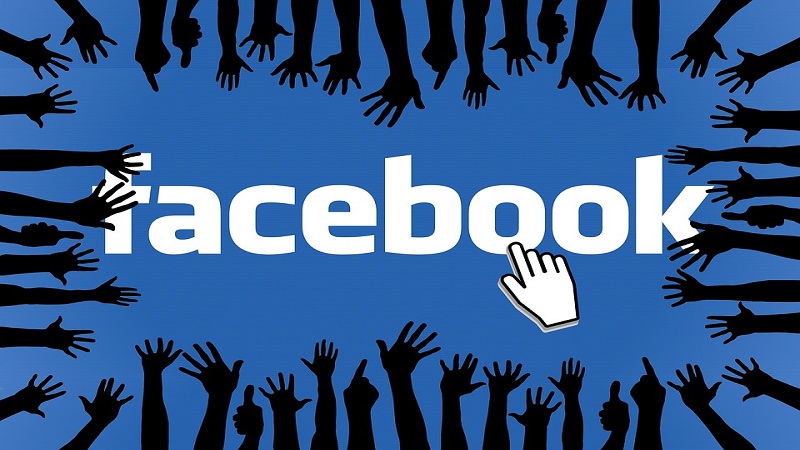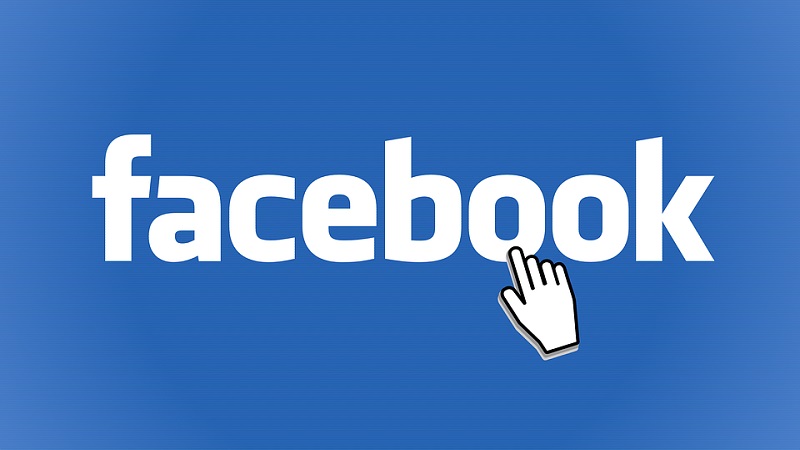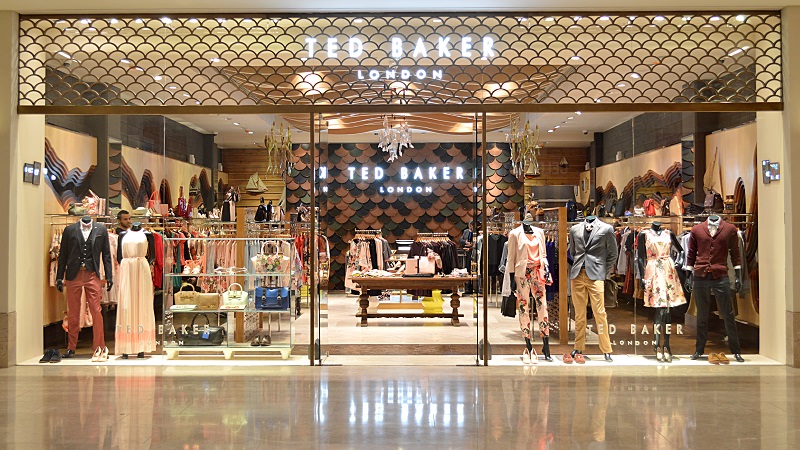Facebook F8 2017 – What marketers need to know
The 10th edition of Facebook’s F8 Developers Conference took place last month in sunny California, with founder and CEO Mark Zuckerberg and fellow executives pitching the future of the popular platform to the gathered masses.
Facebook has become a key marketing platform for brands everywhere given the juicy consumer targeting it offers, allowing engagement with an audiences that were unprecedented only a few years ago.
The ongoing buzz around Augmented Reality was the key topic at F8, with Zuckerberg addressing the need for “an open platform that any developer in the world can build for augmented reality without first having to build their own camera and then get a lot of people to use it.”
Facebook wants us to connect with each other on a deeper level through AR, using augmented masks, special effects and 360 video, with a phone’s camera acting as a mainstream augmented reality platform, in a similar way that Pokemon GO did in 2016.
Mass market AR on Facebook is probably two years away. However, marketers should prepare themselves in readiness for launch – Google figures released recently show 82% of smartphone users conduct research on their phones while in stores (seen as a key AR user case) ahead of making a purchase. Facebook hopes AR will transform the way consumers purchase products and interact with retail businesses. Nike has already started using custom-made branded overlays exclusive to Facebook, and many other brands will follow their lead.
Virtual Reality was the next big topic, with the announcement of Facebook Spaces, “a new VR app where your can hang out with friends in a fun, interactive environment as if you were in the same room”. It was clear when Facebook purchased the US-based VR technology company Oculus it was looking to connect people outside of its mobile app.
For marketers, the possibilities are endless: estate agents could show potential virtual buyers properties from anywhere in the world; students from across the globe could attend online education platforms; travel agencies could show holidaymakers around hotels and locations ahead of buying tickets. Again, mass market use of VR is probably half a decade away, but its evolution and applications are evolving at breakneck speed.
Using QR codes with the messenger camera is another way in which Facebook is trying to help people connect with businesses in the physical world. By scanning codes, information about an event or business can be released through a Facebook Messenger bot, providing a touch point between customers and businesses and adding extra value.
New and enhanced analytics for Facebook business pages was also announced at F8, including artificial intelligence to help “scan your analytics and highlight important changes or your best performing content”. Previously only for apps, analytics will now be provided for Facebook Pages and also offline conversations, giving businesses the ability to measure and understand customers’ journey across Facebook Pages through to purchasing on their websites.
Basically, Facebook Analytics will make it much easier for marketers to assess the ROI for their social media activity, allowing businesses to better understand the user journey from commentating on Facebook posts through to purchasing items on websites.





